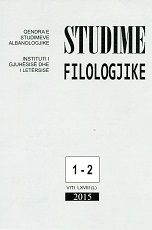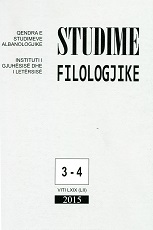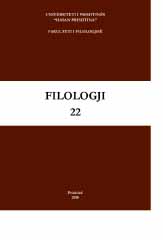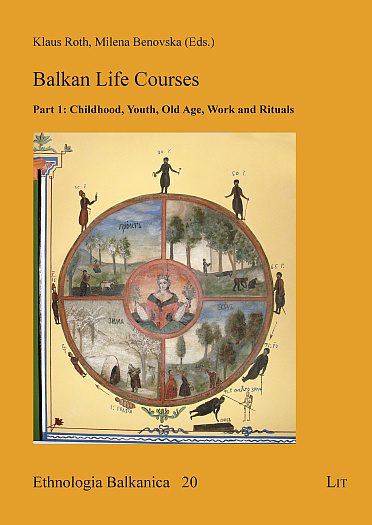
Nga fillimet e shkrimit shqip te ideja e një gjuhe të përbashkët letrare shqipe
In this essay the author traces back the conception of the idea of a common Albanian literary language. On this occasion the analysis contemplates the cultivation of the Albanian language at different stages of its writing history since the beginning of writing in Albanian until the Renaissance period, when conditions were created for the need of a common language for all Albanians as a main motive for national awakening. This is done in connection with the circumstances of political and social history of each period and based on the cultural-literary areas of Albanian (after Çabej’s classification of Albanian literature). The author concludes that for the first time the explicit idea of a common literary language was suggested by the Italo-Albanian intellectuals Demetrio Camarda (1864, 1866) and Girolamo de Rada (1847, 1870), then by the Albanian Renaissance activists Zef Jubani (1871, 1877) and Sami Frashëri (1899). Additionally, this essay considers the status of the Albanian language in its preliterary period at the time of the first Albanian state formations, such as the Principality of Arbanon (1190-1255), where the official and cultural languages were Greek and Latin; however, some indirect data are reported here on the use of local language in religious teaching, based on a document of Pope Innocent III.
More...


